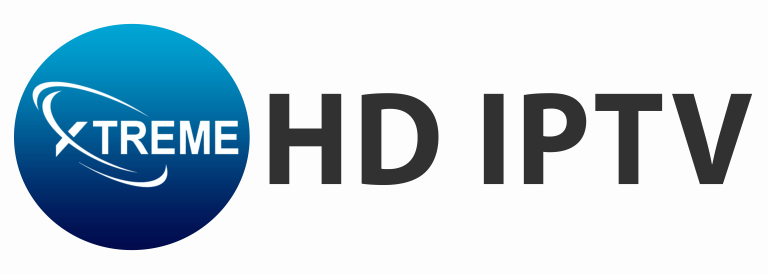Understanding the Challenges of IPTV in 2025

Internet Protocol Television (IPTV) has rapidly grown in popularity, offering users an affordable and flexible alternative to traditional cable or satellite TV. With features like video on demand, multi-device access, and live streaming, IPTV has revolutionized how we consume media. However, despite its benefits, xtreme hd iptv is not without challenges. As the industry expands, it faces a variety of technical, legal, and user-experience-related obstacles that both providers and consumers must navigate.
1. Bandwidth and Internet Dependency
One of the biggest technical challenges of IPTV is its complete reliance on a stable and high-speed internet connection. Unlike cable or satellite TV, IPTV streams data over the internet in real-time. This means any drop in network quality can cause buffering, lag, or complete service interruption.
In regions where internet infrastructure is still developing or where users have limited bandwidth, IPTV services can struggle to deliver HD or 4K quality content consistently. Even in areas with strong internet service, bandwidth congestion during peak hours can degrade the viewing experience.
2. Illegal IPTV Services and Piracy Issues
The IPTV space is rife with legal gray areas, especially with the rise of unauthorized or “free” IPTV providers offering premium channels and pay-per-view events without proper licensing. These illegal services often attract users with low prices or no fees at all, undercutting legitimate businesses.
However, engaging with pirated IPTV services exposes users to significant legal risks and security threats. In many countries, including the U.S. and U.K., using or promoting unlicensed IPTV can result in fines or even jail time. For providers, combating piracy remains a constant battle, requiring investment in content protection and digital rights management (DRM) technologies.
3. Content Licensing and Regional Restrictions
Even legal IPTV providers face hurdles when it comes to acquiring and managing content rights. Licensing agreements vary by region, which means that content available in one country might be restricted in another. This can be frustrating for users who expect global access and consistency.
Navigating these agreements is time-consuming and costly, especially for smaller IPTV providers who may not have the leverage to negotiate favorable terms. This often results in a fragmented content library that differs based on a user’s location, affecting the competitiveness of IPTV platforms.
4. Technical Complexity and Compatibility
Another challenge is the wide range of devices and platforms IPTV services must support. From smart TVs and Android boxes to iOS devices and Windows PCs, ensuring smooth playback across multiple systems requires extensive testing and development.
Different platforms also have varying codec and app requirements. For example, an IPTV app that runs well on Android might not be optimized for Apple TV or Roku. This lack of standardization can lead to inconsistent user experiences and additional costs for app development and support.
5. Customer Support and Quality of Service
Many IPTV providers, particularly smaller or startup companies, struggle to offer robust customer support. Since IPTV is a service that operates over the internet, technical issues are common, and users often need help troubleshooting.
Without responsive and knowledgeable support teams, user satisfaction declines quickly. Negative reviews and word-of-mouth complaints can damage a provider’s reputation and hurt subscriber retention. Ensuring a smooth onboarding process, reliable uptime, and clear communication is critical but remains a challenge for many IPTV platforms.
6. Cybersecurity and User Privacy
Because IPTV operates online, it is vulnerable to hacking, malware, and data breaches. Users often have to provide personal and payment information to access services, making IPTV platforms a target for cybercriminals.
Moreover, illegal IPTV services may not have any data protection policies in place, exposing users to identity theft and fraud. Even legitimate services must invest heavily in secure payment gateways, encrypted streaming, and compliance with data protection laws like GDPR and CCPA.
7. Regulatory Uncertainty
IPTV regulations vary widely from country to country and continue to evolve. Some governments impose strict controls over streaming services, requiring licenses, taxes, or content censorship.
The lack of consistent global standards makes it difficult for IPTV providers to operate across borders. Compliance issues can also lead to sudden service suspensions or legal challenges, making it harder for companies to scale their offerings internationally.
Final Thoughts
Is xtreme hd iptv legal? IPTV presents an exciting future for television and entertainment, but it is not without significant challenges. From technical barriers and legal complexities to piracy threats and cybersecurity concerns, IPTV providers and users must stay informed and cautious. As technology advances and regulations become clearer, some of these issues may be resolved. Until then, navigating the IPTV landscape requires a combination of innovation, legal diligence, and consumer awareness.


